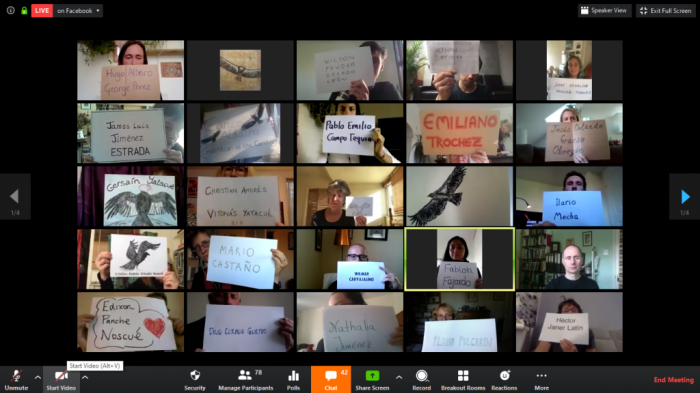Foreign policy and diplomacy answers provide a roadmap for understanding the intricate world of international relations. This comprehensive guide delves into the fundamental principles, strategies, and practices that shape diplomatic interactions and foreign policy decision-making.
From the nuances of diplomatic communication to the complexities of conflict resolution, this guide offers a comprehensive exploration of the field.
Diplomacy and Foreign Policy Concepts
Diplomacy, the art of conducting negotiations and maintaining relations between nations, is a crucial aspect of international relations. Its fundamental principles include respecting sovereignty, non-interference in internal affairs, peaceful resolution of disputes, and adherence to international law.Foreign policy, on the other hand, encompasses a nation’s overall strategy for engaging with other countries.
Objectives can range from promoting national security and economic prosperity to advancing human rights and environmental protection. Strategies may involve alliances, treaties, trade agreements, diplomatic missions, and even military interventions.International organizations play a significant role in both diplomacy and foreign policy.
They provide platforms for dialogue, cooperation, and conflict resolution. The United Nations, for example, serves as a global forum for addressing issues such as peace and security, human rights, and sustainable development.
Diplomatic Practices and Protocols
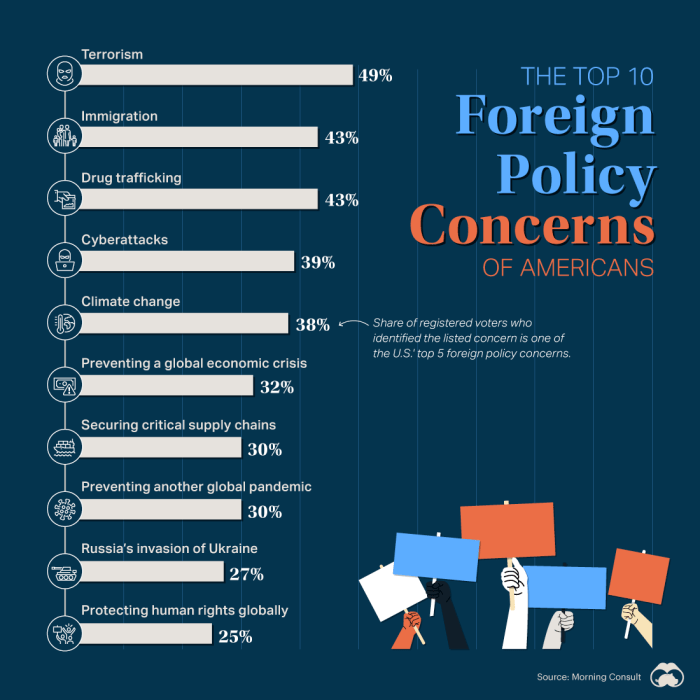
Diplomatic practices and protocols are essential components of international relations, facilitating effective communication and cooperation between nations. These protocols govern the conduct of diplomatic missions, ensuring the smooth functioning of diplomatic relations and the protection of diplomatic personnel.
Diplomatic communication channels include formal diplomatic notes, verbal communications, and informal diplomatic contacts. Diplomatic notes are written communications used for official correspondence between governments, while verbal communications involve direct conversations between diplomats. Informal diplomatic contacts, such as receptions and social events, provide opportunities for diplomats to build relationships and exchange information.
Diplomatic Immunity and Privileges
Diplomatic immunity and privileges are essential for the effective functioning of diplomatic missions. Diplomatic immunity grants diplomats immunity from local laws and regulations, allowing them to carry out their duties without fear of prosecution or interference. Diplomatic privileges include tax exemptions, customs privileges, and the right to use diplomatic passports.
Role of Diplomatic Missions and Embassies
Diplomatic missions and embassies are the official representatives of their respective countries in foreign nations. They serve as centers for diplomatic activities, providing a physical presence and a channel of communication between the sending and receiving states. Diplomatic missions are responsible for representing their country’s interests, promoting cooperation, and providing consular services to their citizens.
Negotiation and Conflict Resolution
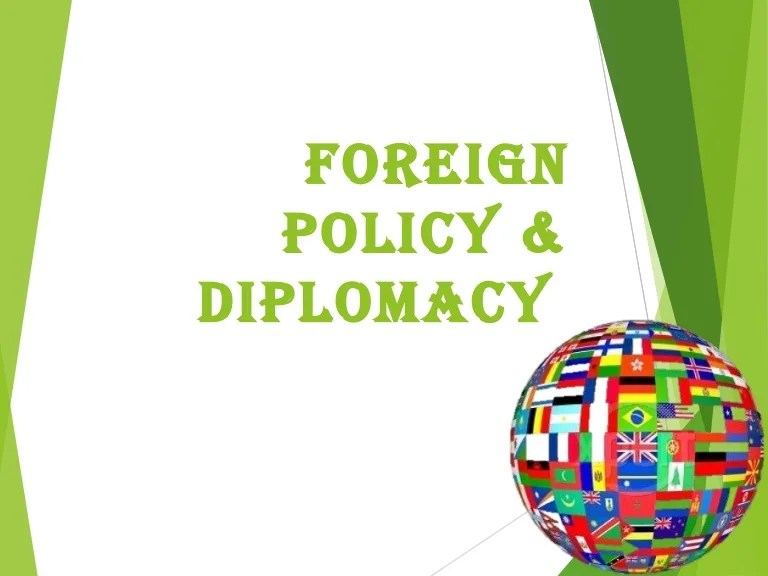
Negotiation and conflict resolution are fundamental aspects of diplomacy, aimed at resolving disputes and fostering cooperation between parties. These processes involve a range of principles and techniques, including mediation and arbitration, to facilitate mutually acceptable outcomes.
Principles of Diplomatic Negotiation
Effective diplomatic negotiation adheres to several key principles:
- Respect and Empathy:Acknowledging the perspectives and interests of all parties involved, fostering an atmosphere of mutual understanding and respect.
- Preparation and Knowledge:Thoroughly researching and understanding the subject matter, the parties’ interests, and potential solutions.
- Communication and Transparency:Open and clear communication, ensuring all parties have a shared understanding of the issues and objectives.
- Flexibility and Compromise:Willingness to adjust positions and seek mutually acceptable solutions, recognizing the need for compromise.
- Patience and Perseverance:Recognizing that negotiation is often a lengthy and complex process, requiring patience and perseverance to achieve desired outcomes.
Economic and Cultural Diplomacy
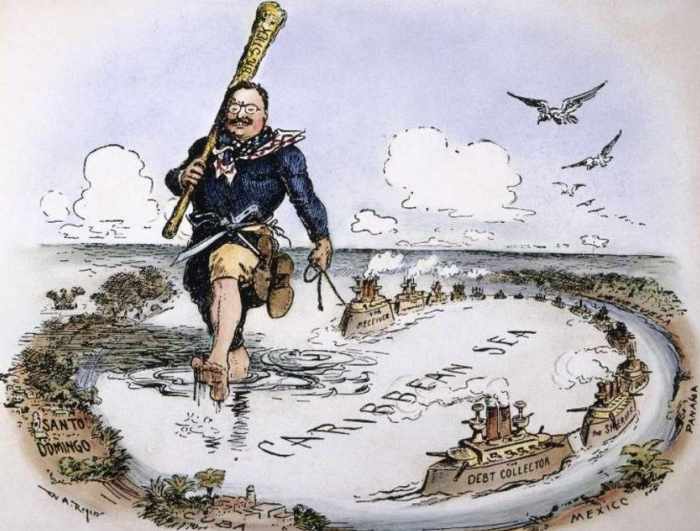
In the contemporary globalized world, economic and cultural diplomacy play pivotal roles in fostering cooperation, understanding, and mutual benefit among nations. Economic diplomacy focuses on advancing a country’s economic interests, while cultural diplomacy promotes cultural exchange and dialogue.
Economic Diplomacy
Economic diplomacy is essential for promoting economic growth, trade, and investment. It involves negotiations, agreements, and collaborations aimed at:
- Expanding market access and reducing trade barriers
- Attracting foreign direct investment
- Promoting exports and economic development
- Resolving trade disputes and conflicts
Cultural Diplomacy
Cultural diplomacy seeks to build bridges between nations by fostering cultural exchange, understanding, and dialogue. It involves activities such as:
- Exhibitions of art, music, and cultural artifacts
- Educational and cultural exchanges
- Promotion of tourism and cultural heritage
- Intercultural dialogue and conflict resolution
Role of Soft Power
Economic and cultural diplomacy are essential components of a country’s soft power. Soft power refers to the ability to influence and persuade others through attraction and persuasion rather than coercion. It is often contrasted with hard power, which relies on military and economic might.
Soft power plays a crucial role in foreign policy as it:
- Builds goodwill and trust among nations
- Promotes cooperation and understanding
- Shapes global perceptions and narratives
- Contributes to conflict resolution and peacebuilding
Historical Perspectives and Case Studies: Foreign Policy And Diplomacy Answers
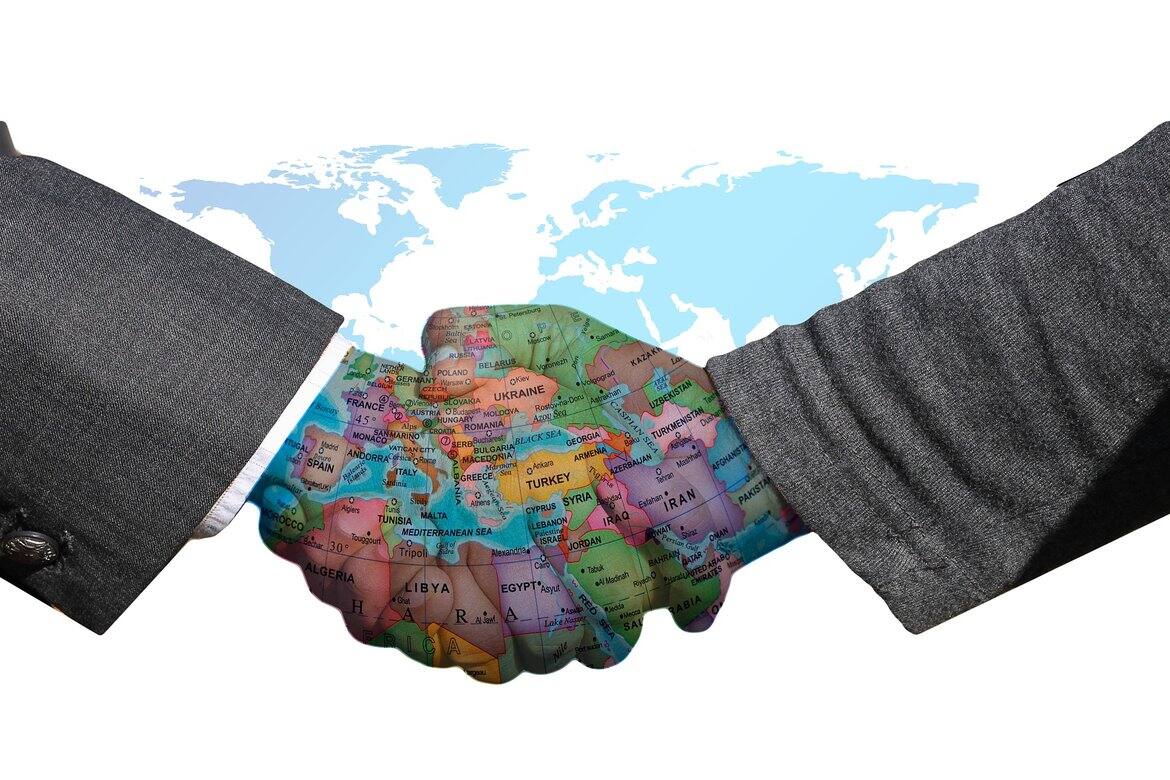
The study of diplomatic history offers valuable insights into the evolution of foreign policy practices, the dynamics of international relations, and the impact of past events on contemporary diplomacy. By examining significant diplomatic events and case studies, we can identify patterns, lessons learned, and best practices that inform current diplomatic strategies.
A comprehensive timeline of diplomatic milestones includes the Congress of Vienna (1815), which established a new European order after the Napoleonic Wars; the Berlin Conference (1884-1885), which partitioned Africa among European powers; the Treaty of Versailles (1919), which ended World War I; the Yalta Conference (1945), which shaped the post-World War II world; and the Helsinki Accords (1975), which promoted détente during the Cold War.
Case Studies of Successful Foreign Policy Initiatives, Foreign policy and diplomacy answers
- The Marshall Plan (1948-1952):The United States provided economic aid to Western Europe to rebuild after World War II, promoting economic recovery and strengthening democratic institutions.
- The Camp David Accords (1978):U.S. President Jimmy Carter brokered a peace agreement between Israel and Egypt, marking a historic breakthrough in the Middle East conflict.
- The Iran Nuclear Deal (2015):A multinational agreement negotiated between Iran and the P5+1 (the United States, the United Kingdom, France, China, Russia, and Germany) aimed to prevent Iran from developing nuclear weapons.
Case Studies of Unsuccessful Foreign Policy Initiatives
- The Vietnam War (1955-1975):The United States’ intervention in the Vietnam War failed to achieve its objectives, resulting in a costly and protracted conflict.
- The Bay of Pigs Invasion (1961):A CIA-backed invasion of Cuba aimed at overthrowing Fidel Castro failed due to poor planning and execution.
- The Iraq War (2003-2011):The U.S.-led invasion of Iraq based on faulty intelligence about weapons of mass destruction led to a prolonged and destabilizing conflict.
Lessons Learned from Past Diplomatic Experiences
- The importance of negotiation and compromise:Diplomacy requires the ability to find common ground and reach mutually acceptable solutions.
- The need for accurate intelligence and sound decision-making:Effective foreign policy is based on reliable information and prudent judgment.
- The long-term consequences of diplomatic actions:Diplomatic decisions can have far-reaching effects, and it is crucial to consider the potential outcomes carefully.
Contemporary Challenges and Future Trends
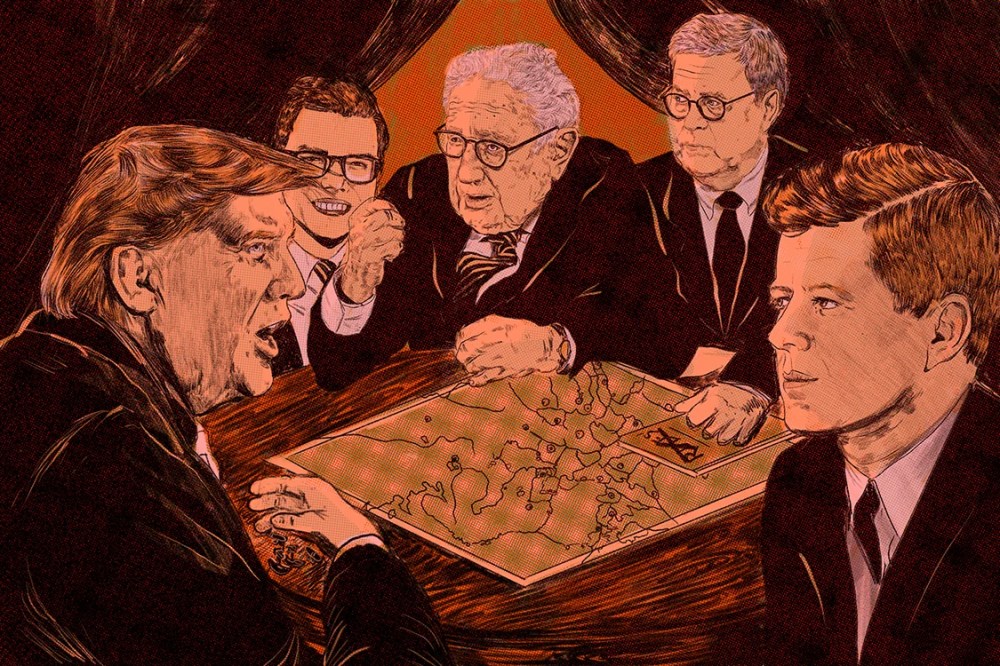
Contemporary diplomacy and foreign policy navigate a complex landscape marked by unprecedented challenges. Globalization, the proliferation of technology, and the rise of non-state actors have transformed the international arena. Terrorism, climate change, and global pandemics further complicate the pursuit of national interests and global cooperation.
Amidst these challenges, future trends in international relations are difficult to predict with certainty. However, several potential developments warrant consideration. Increased connectivity and interdependence may foster greater cooperation and global governance. Conversely, the rise of populism and nationalism could lead to a more fragmented and conflict-ridden world.
Globalization
Globalization has significantly interconnected the world, increasing economic interdependence and facilitating cultural exchange. This interconnectedness creates opportunities for collaboration and mutual benefit, such as addressing global challenges like climate change and poverty.
Terrorism
Terrorism poses a grave threat to international security, undermining stability and fostering fear and mistrust. Diplomatic efforts to combat terrorism involve cooperation in intelligence sharing, law enforcement, and countering extremist ideologies.
Recommendations
To address these challenges and shape future diplomacy effectively, several recommendations can be made:
- Strengthen international cooperation and multilateral institutions to address global challenges.
- Promote dialogue and understanding among different cultures and perspectives.
- Invest in conflict prevention and peacebuilding initiatives to address root causes of instability.
- Enhance diplomatic capacity and training to equip diplomats with the skills necessary to navigate complex international issues.
FAQ Explained
What is the primary goal of diplomacy?
Diplomacy aims to maintain peaceful and cooperative relations between nations through negotiation, dialogue, and consensus-building.
What are the key elements of foreign policy?
Foreign policy encompasses a nation’s strategic objectives, national interests, and the means to achieve them in the international arena.
How do international organizations contribute to diplomacy?
International organizations provide platforms for dialogue, cooperation, and conflict resolution, facilitating diplomacy and fostering global collaboration.
